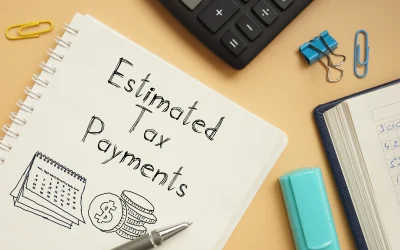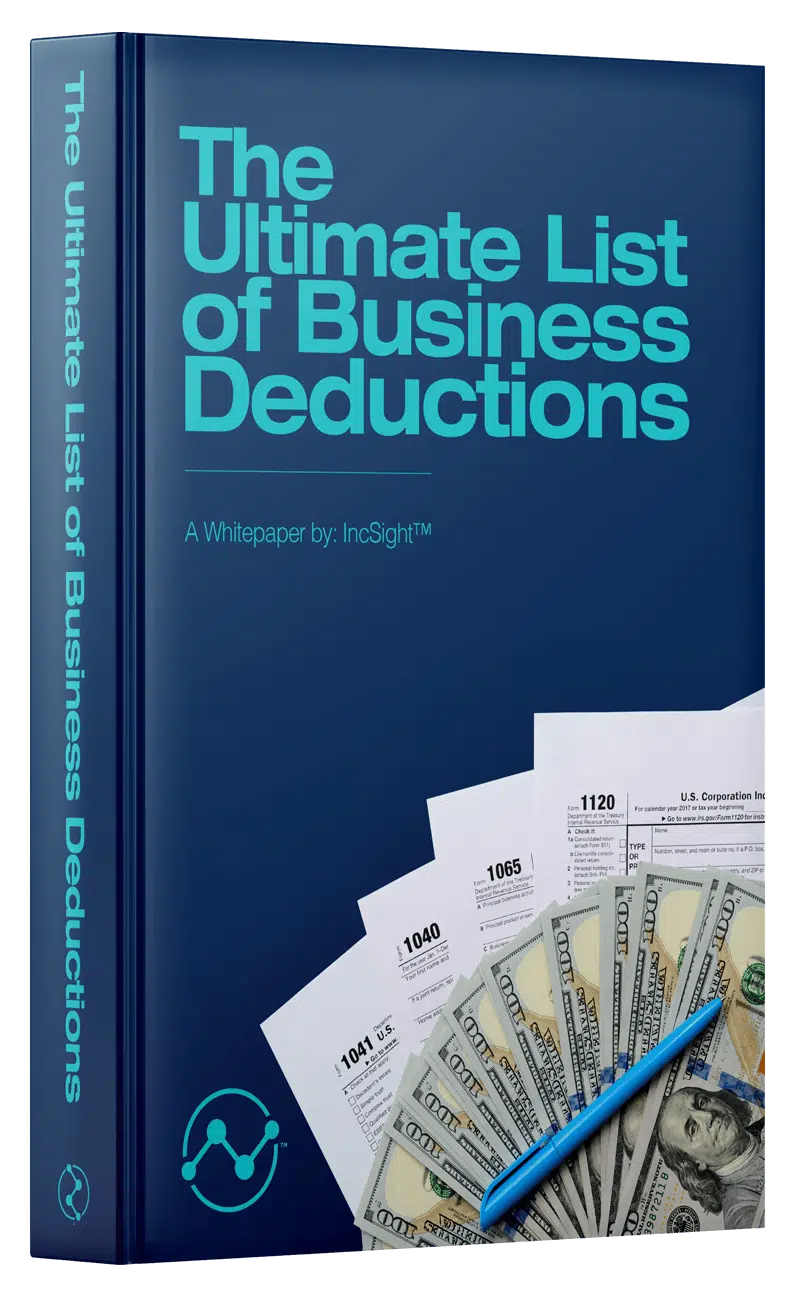A QSEHRA is an HRA that is available to employers with fewer than 50 full-time equivalent employees that do not offer a group health insurance policy.
With a QSEHRA, employers reimburse employees tax-free for medical expenses (including health insurance premiums).
With a QSEHRA, you can offer yearly allowances up to $5,300 for single employees and $10,700 for employees with a family in 2021.
All employees must receive the same allowance amount, except in cases regarding an employee’s family status.
All full-time employees are eligible and businesses can decide on part-time employee eligibility.
This is the fourth post in our “Healthcare Mini Series”.
You are a small business owner looking to grow and start bringing on employees and then it hits you, you need to have some option for health insurance or it is going to be extremely hard to find or retain good talent.
For this discussion, lets assume you less than 50 employees. When you are looking to offer health benefits you have some options:
- Group Health Insurance
- Increase Wages to Cover Costs (Taxable)
- Setup an HRA or QSEHRA
Most people have heard of group health insurance so we are going to focus on the HRA or QSEHRA option specifically in this post.
We recently had JD Cleary from PeopleKeep on our Podcast so be sure to check out the episode. Much of the information provided here has come from items PeopleKeep has been willing to share with us.
What Is a Health Reimbursement Arrangement (HRA)?
A health reimbursement arrangement (HRA) is an IRS-approved, employer-funded health benefit used to reimburse employees for out-of-pocket medical expenses and health insurance premiums.
Traditional group health benefits can often time be expensive and complex to manage which is why many business owners are looking into HRAs. HRAs are a simple and cost-effective way to offer health benefits to employees.
HRAs have a fixed cost and allow you to give employees tax-free money to purchase insurance on their own. Earlier we talked about the option of simply paying your employees more to cover health costs, this is essentially what an HRA is except instead of having that extra payment be taxable, with an HRA it is tax-free.
With an HRA you set a monthly benefit allowance that employees use to cover medical expenses.
How Does an HRA Work?
There are 4 main steps in the HRA process:
- Employer Sets Allowance: You decide how much tax free money you will offer employees each month. With a QSEHRA (discussed below) the yearly maximum for 2021 is $5,300 (Single) or $10,700 (Family) but you can offer less than that.
- Employees Purchase Health Care: Your employees choose the health care products and service they want to purchase and then do so with their own money. These can include both insurance plus other medical expenses. You can find an entire detailed listing here on the PeopleKeep site.
- Employees Submit Proof of Expenses: To receive reimbursement, employees submit proof that they incurred an eligible expense. They need a description of the product or service, total cost of the expense, the date the employee incurred the expense and some expenses require a doctors note or prescription.
- Documents Get Reviewed / Reimbursed: If the expense is approved and eligible for reimbursement you reimburse the employee up to their allowance amount. These reimbursement are free of payroll tax for both the organization and employee. They are also free of income tax for employees as long as they have a qualifying health insurance plan.
What is a QSEHRA (Qualified Small Employer HRA)?
A QSEHRA is an HRA that is available to employers with fewer than 50 full-time equivalent employees that do not offer a group health insurance policy.
With a QSEHRA, employers reimburse employees tax-free for medical expenses (including health insurance premiums).
With a QSEHRA, you can offer yearly allowances up to $5,300 for single employees and $10,700 for employees with a family in 2021.
All employees must receive the same allowance amount, except in cases regarding an employee’s family status.
All full-time employees are eligible and businesses can decide on part-time employee eligibility.
What Are The Benefits of a QSEHRA?
- Allows Employers to Set Allowance Caps: The employer is in complete control over their costs. Once the caps are set, they cannot be exceeded.
- Avoid Having to Qualify for Group Health Insurance: Group health insurance can be complex with headaches around re-enrollment and premium increases.
- Helps Attract and Retain Employees: Being able to offer health benefits to employees plays a big role when you are looking to bring in or keep talented employees.
- Gives the Employees a Choice: Employees get to choose how they want to use their allowance. It can be used for individual health insurance premiums and even out-of-pocket expenses.
How Do I Setup and Manage a QSEHRA?
- Setting Up a QSEHRA
- Pick a Start Date
- Cancel the Employer’s Group Policy
- Confirm Employee Eligibility
- Determine a Budget and Set Allowances
- Establish Legal Plan Documents and Compliant Administration Policies and Procedures
- Communicate the New Benefit to Employees
- Provide Resources to Help Employees Buy Individual Health Insurance
- Follow All State QSEHRA Deadlines
- Managing a QSEHRA
- Keep the Benefit Up-To-Date
- Process Reimbursements and Store Documentation
- Evaluate Allowances, Track Regulatory Changes, and Update Plan Documents
Employers can choose to self-administer the QSEHRA, outsource the administration to a TPA, or enlist the help of a software provider like PeopleKeep. If you would like an introduction to PeopleKeep, submit a contact us and we will get you introduced!
What Other Things Do I Need To Know About a QSEHRA?
- Almost all business owner can participate in a QSEHRA, except for S Corp owners with more than 2% ownership.
- An HSA can be offered alongside a QSEHRA.
- Employees enrolled in a health care sharing ministry can have eligible expenses reimbursed through the QSEHRA. However, since it’s not actual health insurance, all reimbursements they received will be subject to income tax. Membership fees associated with the health care sharing ministry would not qualify for reimbursement.
- If you have more than 50 employees you may also want to look at a Individual Coverage HRA (ICHRA) or Group Coverage HRA (GCHRA).
As mentioned, we have partnered with PeopleKeep who can help you get setup and rolling with one of these. If you would like an introduction to PeopleKeep, submit a contact us and we will get you introduced!








